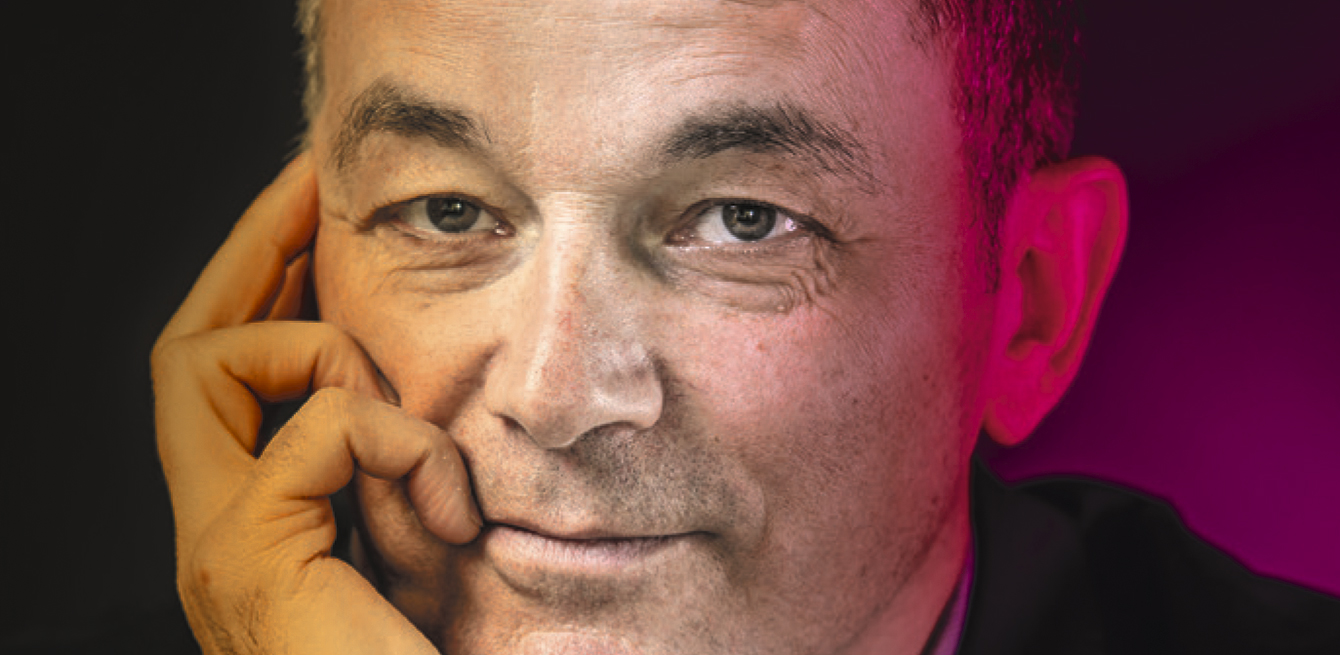
Philippe Conus believes that collaboration between the various branches of psychiatry is essential for advancing our ability to understand and treat mental disorders.
Our understanding of mental disorders improves every year. More and more often, fundamental research is combined with studies on groups of patients, a translational approach “from bench to bed”. While the results are not yet immediately applicable, new practices, such as early detection of mental disease, are improving the lives of patients.
We are in a phase in which our technological tools are allowing us to see things that have been invisible up until now, especially on a neurobiological level. Nevertheless, even if these advances are the source of much excitement, we can’t forget that each patient has a unique way of viewing the world. They might need a little bit of medication to see more clearly as well as some psychological help to approach things from a different angle. That’s why an eclectic strategy is the right one. It has to be based on a mix of psychotherapy, neurobiology, and basic psychiatric care, in order to make use of advances in each of these areas. This shift is being made real with the hiring of researching clinicians, whose work is split between basic research and patient care.
The problem is that we do not know the mechanisms that are at the root of these diseases and that not everyone reacts the same to the same substance. This variable response is due to the fact that we diagnose syndromes and groups of diseases; even though they look the same on the surface, they can come in several types with mechanisms that are completely different. A better understanding of these mechanisms is necessary to develop new treatments.
Yes. Early intervention is now a focus for all mental disorders, and not just psychosis. To date, we cannot completely prevent the development of these diseases but we can either delay their emergence, attenuate their intensity or prevent development of secondary complications, which create the most problems in the patient’s life.
Philippe Conus is the head physician at the Lausanne University Hospital's General Psychiatry Service and deputy director in charge of research at the Department of Psychiatry.